Classroom and Corridor Practice
A collection of recommended books, documents, journal articles and clips around implementing classroom (and outside of the classroom) practice and approaches, and the evidence base behind them.
If they are free to access we'll host them here, otherwise you'll find a handy link!
When the Adults Change Everything Changes
We really enjoy reading this book! Although it discusses behaviour, its main point aligns with Motional's philosophy - that the environment and relationships greatly affect the outcome. Moreover, it emphasises that it falls on the adults to make the necessary changes to facilitate this positive change.
Key messages:
- Be creative and be kind – ask yourself if punishment is really the best course of action.
- It’s all about the culture you create - your behaviour influences the students’ behaviour, so be polite, friendly and helpful and the students will follow.
- Consistency is key!
- Non-verbal behaviour cues are very important – exercise authoritative body language and be expressive with your face and eyes rather than with your mouth
- Greet students at the door and in the corridors where possible – friendliness goes a long way!
- Repetition is key!
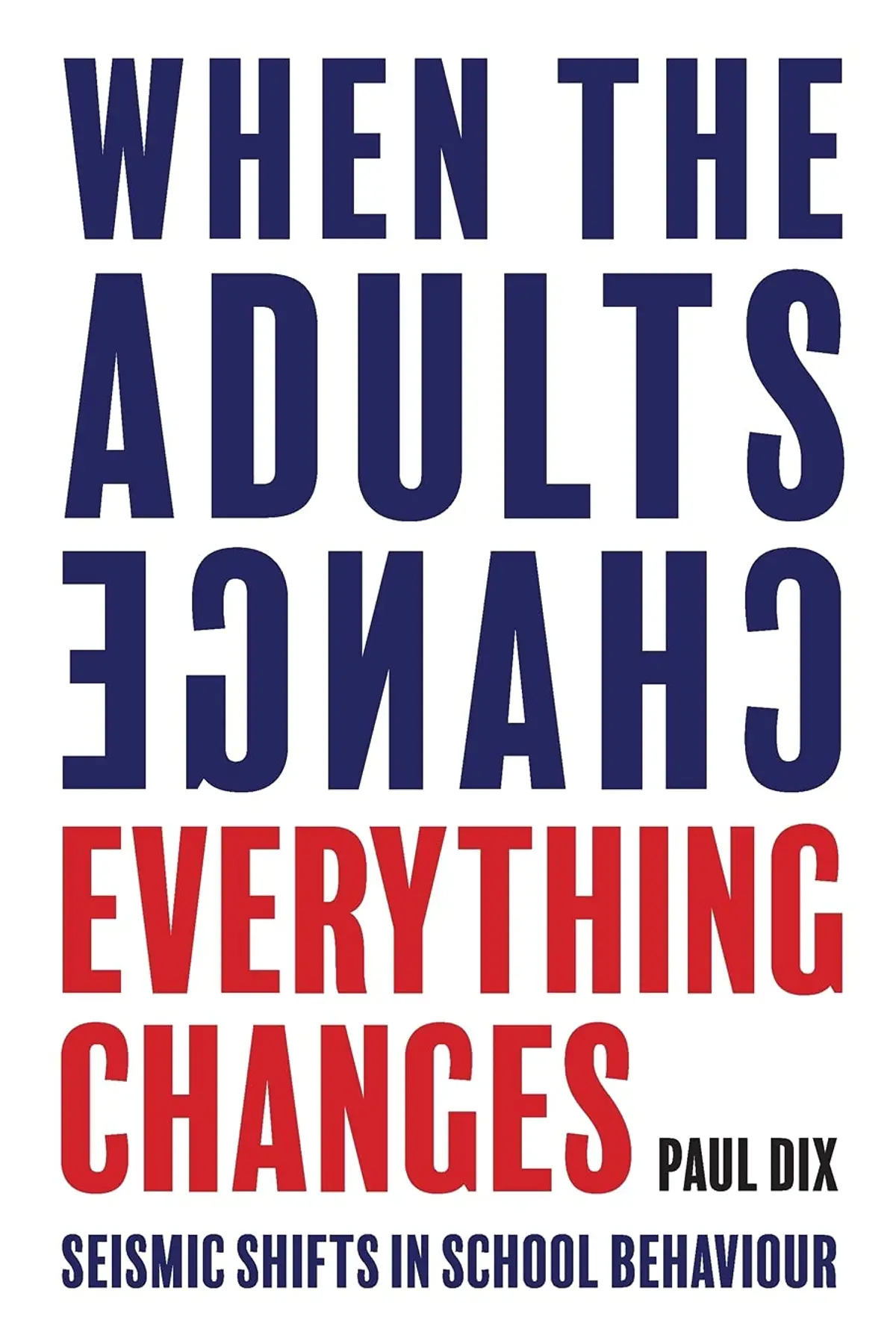

Author: Paul Dix
Published By: Independent Thinking Press
Document Published Date: 29 June 2017
ISBN: 978-1781352731
With accessible strategies grounded in trauma-informed education and positive psychology, this book equips teachers to support all students, particularly the most vulnerable.
Key Messages:
Trauma-informed, strengths-based classrooms are built upon three core aims: to support children to build their self-regulatory capacities, to build a sense of relatedness and belonging at school, and to integrate wellbeing principles that nurture growth and identify strengths.
This book also includes comprehensive case studies, learning points and opportunities for self-reflection, fully supporting teachers to implement these strategies within the classroom.
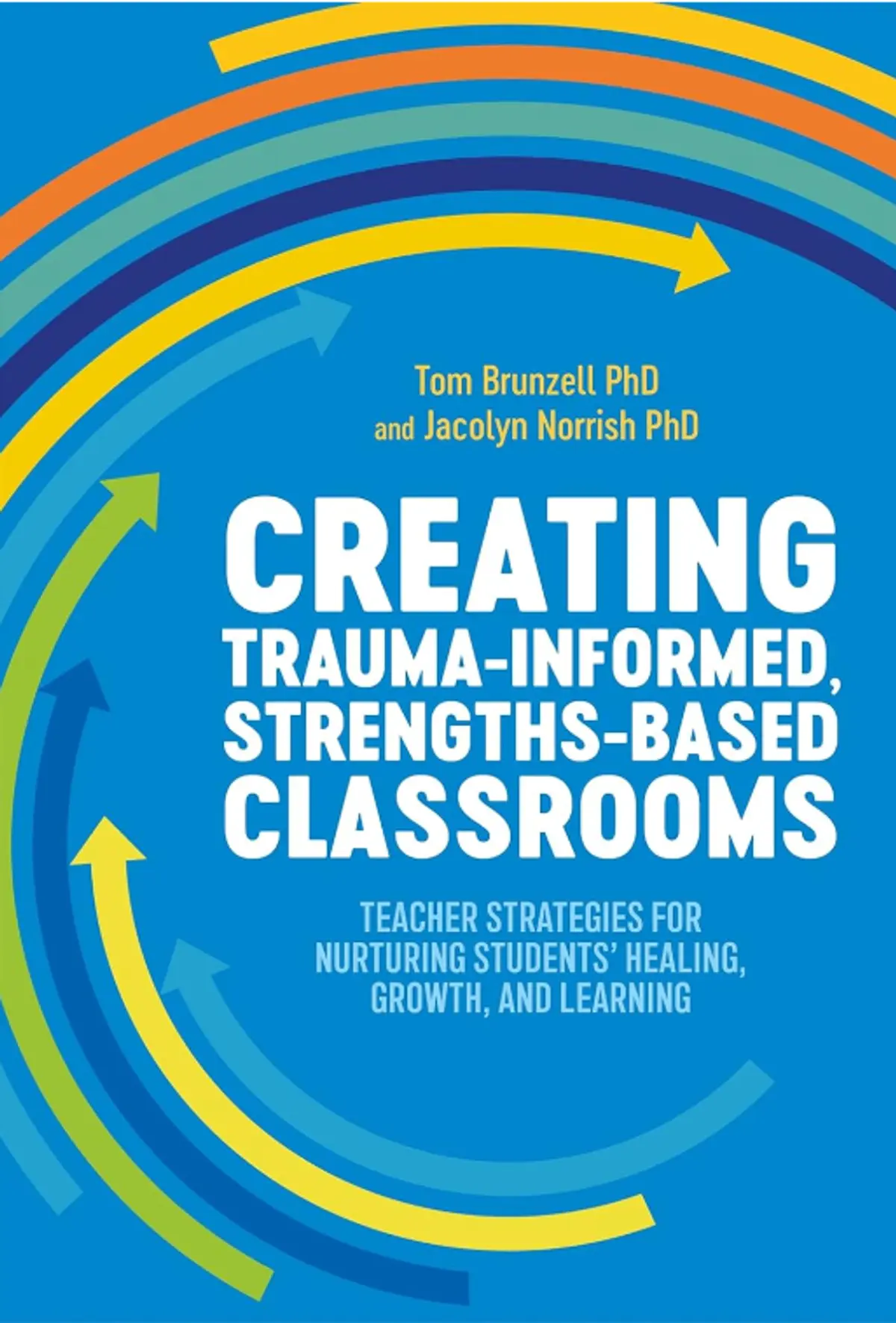

Author: Tom Brunzell Ph.d and Jacolyn Norrish Ph.d
ISBN: 978-1787753747
“Nobody cares how much you know, until they know how much you care.”
'That quote is my north star. To break it down, you need to have a relationship with someone before you can educate them. Until you have a relationship, you can be Albert Einstein, Leonardo Davinci or Tony Stark. It doesn’t matter. If the kids don’t think you like them, and care about them and their wellbeing, then you will only ever get compliance from them. They will give you the bare minimum.
To get true engagement you have to build relationships. Once you know them: who their siblings are, where they come from, and what their culture is, then you’ll know what influences them and only then can they learn.'
Karl C. Pupé is a qualified classroom teacher with a decade's experience across Primary, Secondary and Further Education sectors. Specialising in Behaviour Management, he worked as a Not in Education, Employment or Training (NEETs) coordinator teaching students with severe Social, Emotional and Mental Health (SEMH) needs. Karl has designed and facilitated rehabilitation classes for Year 8 to 11 students who have been excluded from Mainstream Education who are at risk of becoming NEETs themselves.
Karl has worked with a number of organisations including the National Education Union (NEU) which is the largest education association in Europe.
Note there is a follow-up book:
The Action Hero Teacher 2: Teachers of the Lost Class
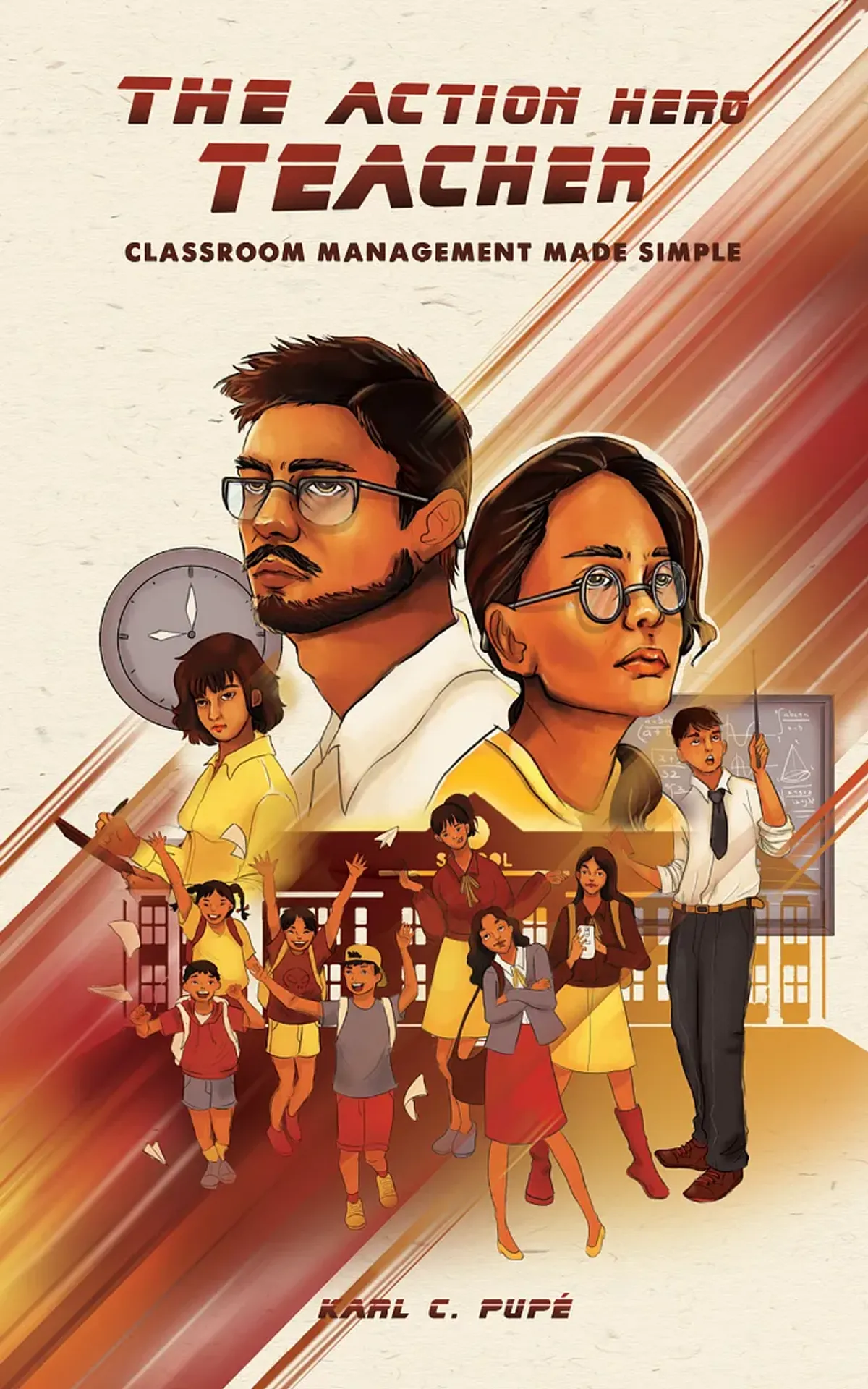

Author: Karl C Pupé
Published By: Independently Published
Document Published Date: 6 March 2019
ISBN: 978-1798408599
This international bestseller, first published in 1980, is a useful guide for home and school life!
Parenting experts Adele Faber and Elaine Mazlish provide effective step by step techniques to help you improve and enrich relationships with children.
It describes effective techniques to how to:
· Break a pattern of arguments
· Cope with a child's negative feelings
· Engage a child's co-operation
· Set clear limits and still maintain goodwill
· Express anger without being hurtful
· Resolve conflicts peacefully
A useful tool for us but also to share with families that might be struggling at home with conflict.
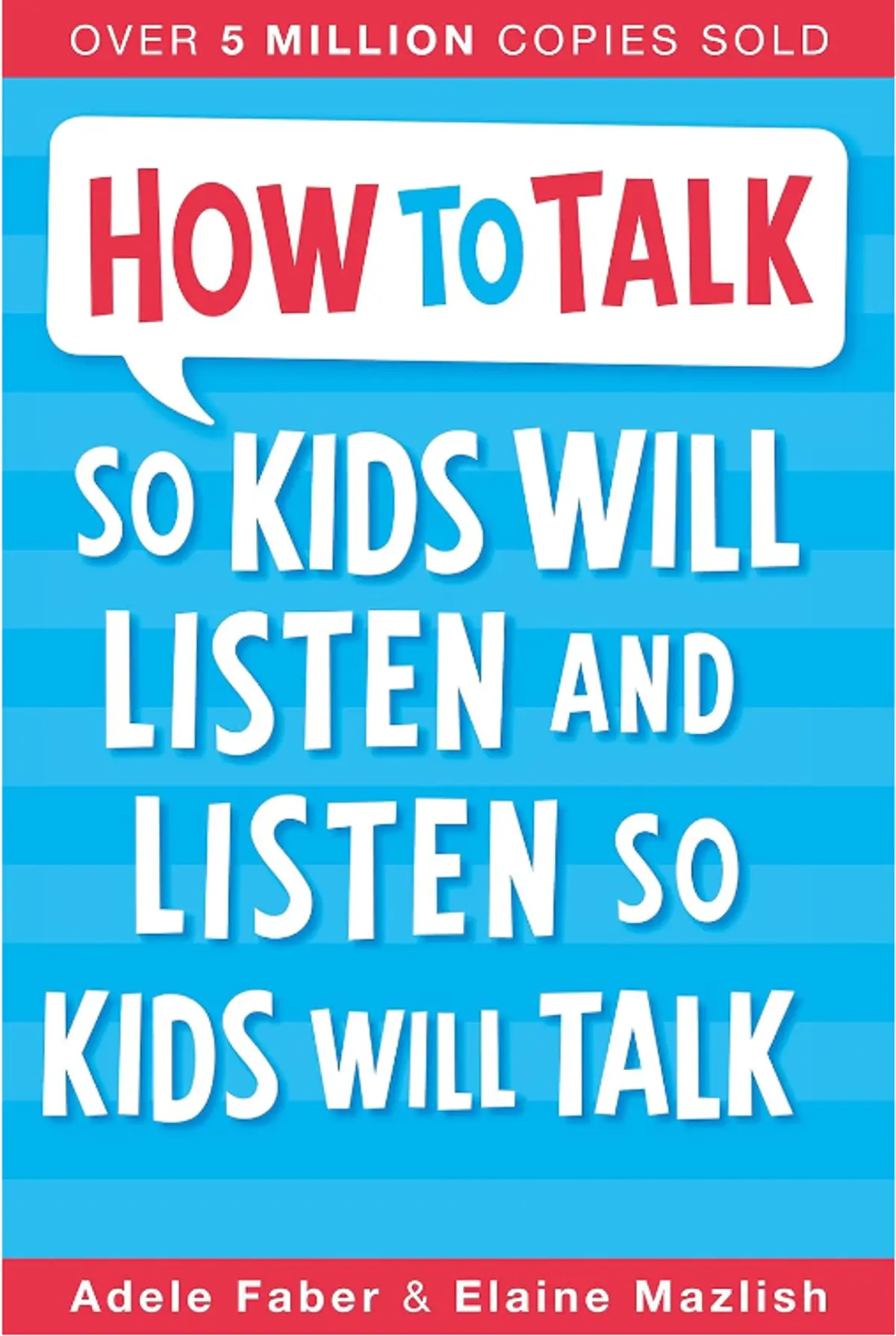

Author: Adele Faber and Elaine Mazlish
Published By: Penguin
Document Published Date: 1 June 1980
ISBN: 978-1848126329
One day, teacher Kyle Schwartz asked her students to fill-in-the-blank in this sentence: "I wish my teacher
knew _____."
The results astounded her. Some answers were humorous, others were heartbreaking-all were profoundly moving and enlightening.
The results opened her eyes to the need for educators to understand the unique realities their students face in order to create an open, safe and supportive place in the classroom. When Schwartz shared her experience online, #IWishMyTeacherKnew became an immediate worldwide viral phenomenon. (See Motional Munchables!).
This isn't an activity to undertake without thinking through. Here is a thoughtful article outlining things you might like to consider about before undertaking "I wish my teacher knew..."
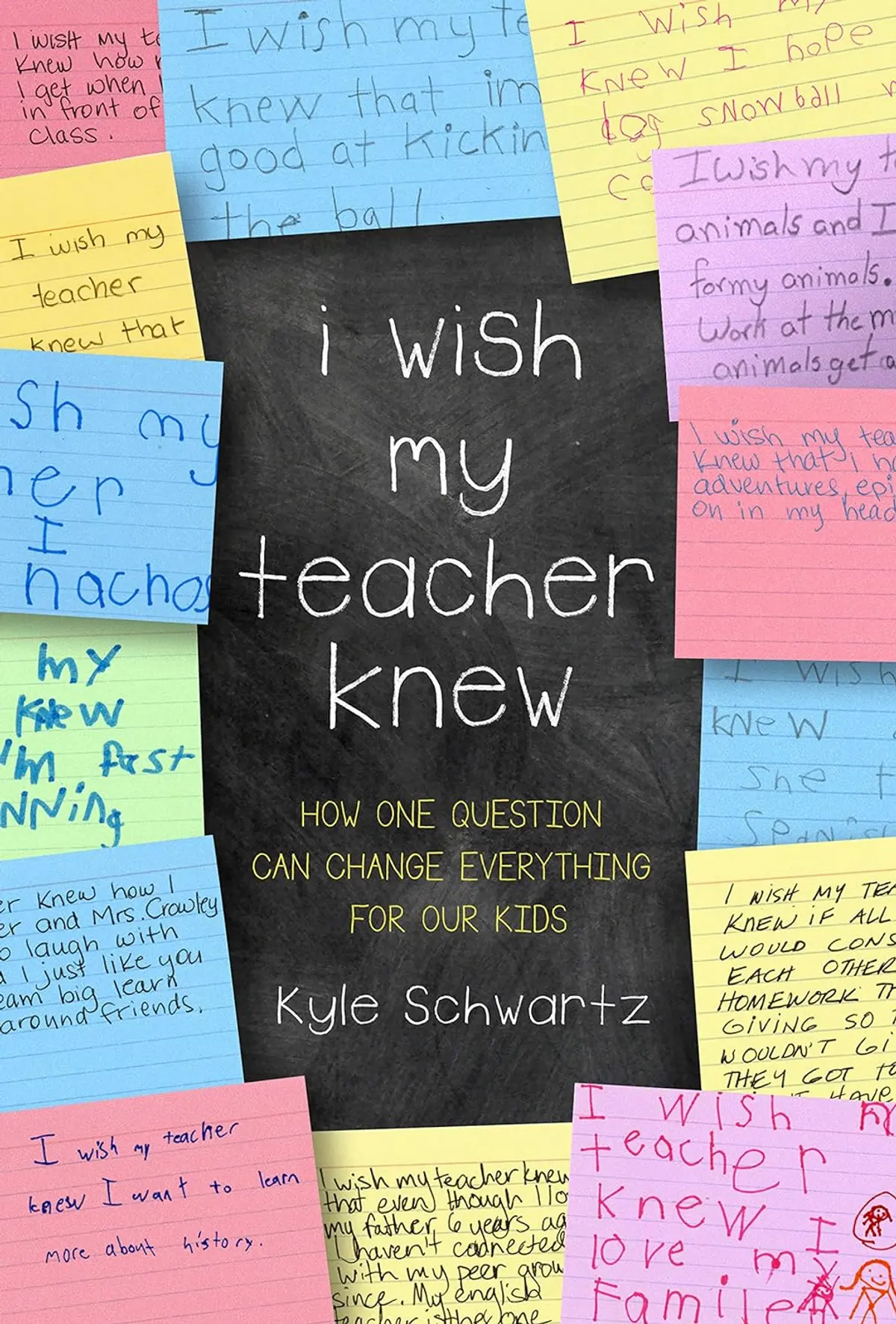

Author: Kyle Schwartz
Published By: Hachette Books
Document Published Date: 12 July 2016
ISBN: 978-0738219141
This useful book is packed full of practical information for teachers and those working more broadly with children and young people. It is very easy to read and you can ‘dip’ into it rather than read it from the beginning to the end.
Part 1 details the reasons behind the difficulties we may see and helps us ‘climb into their world’.
Part 2 lists an A-Z of the most common issues. It is a comprehensive but easy read offering the practical ideas.
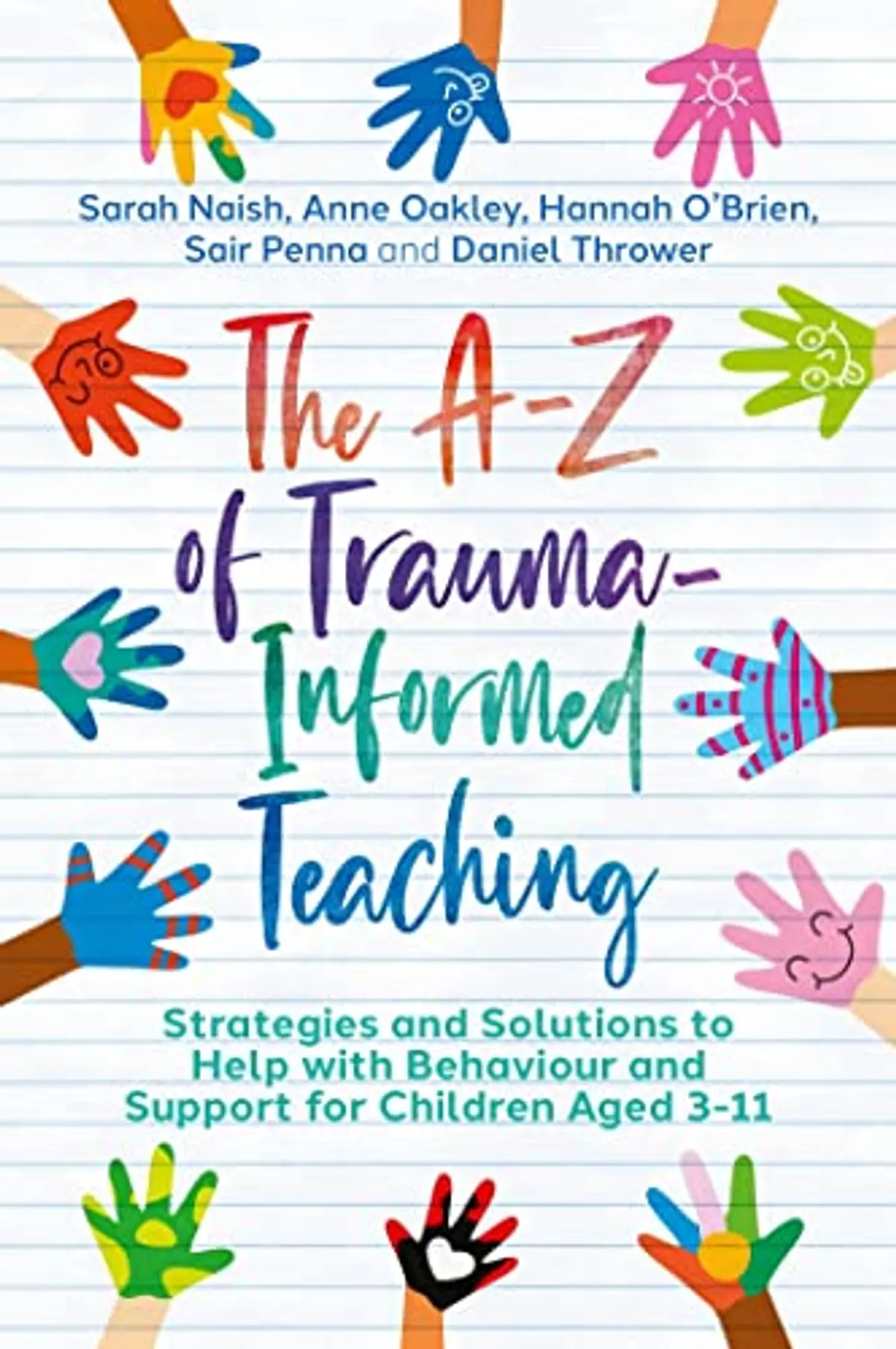

Author: Sarah Naish
Published By: Jessica Kingsley Publishers
Document Published Date: 21 August 2023
ISBN: 9781839972058
Know me to teach me: Differentiated discipline for those recovering from Adverse Childhood Experiences
Now is the time to update our school policies and practices With exclusion rates soaring in recent years, we can no longer overlook everything that has been learnt about the impact of what are known as Adverse Childhood Experiences (Felitti & Anda 2010) on children s minds and bodies, and how the nervous system functions best. We know that relationships are essential for recovery and for settling to learn: but our UK educational practices are still geared to withdrawing relationship when times get tough, leading to escalation of challenging behaviour and further rejection for already traumatised children and young people. This has to stop. Many educators are now recognising how significant alternative ways of thinking in the classroom are for optimising engagement and learning. Louise explores how to facilitate quality moments of relationship with children and young people that genuinely reach them, where they are, recognising the impact of trauma on their emotional state, mental functioning and ability, or lack of it, to trust the adults. She helps identify the best way to work so that we can teach curriculum as well as healthy behaviours. Honouring biology by building on Perry s (2006) neuro -developmental sequence, Louise provides numerous creative ways of being and doing for those wanting to ensure school is as inclusive as it can be.
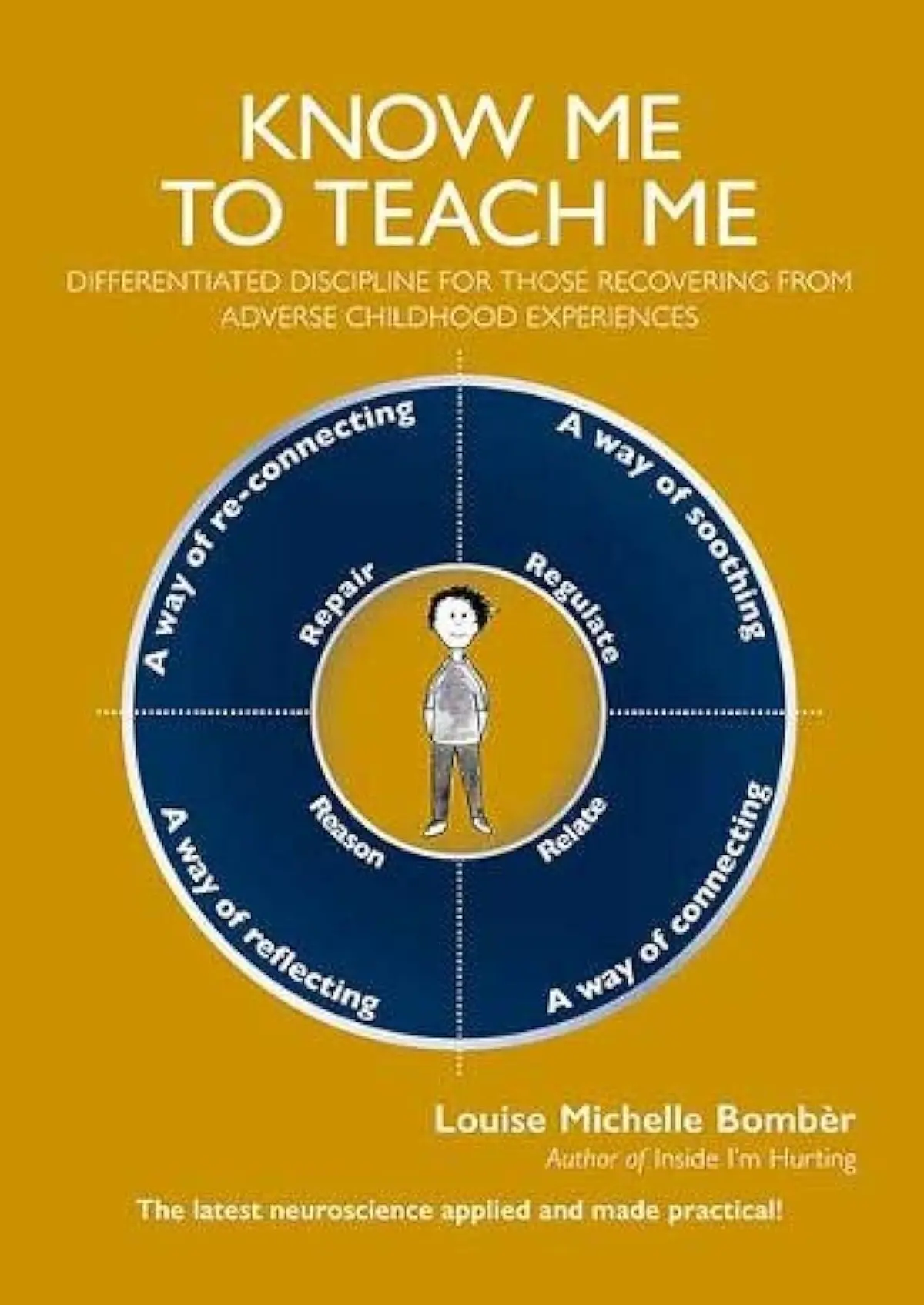

Author: Louise Bombér
Published By: Worth Publishing
Document Published Date: 28 May 2020
ISBN: 978-1903269404
In this pioneering, practical book for parents, neuroscientist Daniel J. Siegel and parenting expert Tina Payne Bryson explain the new science of how a child's brain is wired and how it matures. Different parts of a child's brain develop at different speeds and understanding these differences can help you turn any outburst, argument, or fear into a chance to integrate your child's brain and raise calmer, happier children.
Featuring clear explanations, age-appropriate strategies and illustrations that will help you explain these concepts to your child, The Whole-Brain Child will help your children to lead balanced, meaningful, and connected lives using twelve key strategies, including:
Name It to Tame It: Corral raging right-brain behavior through left-brain storytelling, appealing to the left brain's affinity for words and reasoning to calm emotional storms and bodily tension.
Engage, Don't Enrage: Keep your child thinking and listening, instead of purely reacting.
Move It or Lose It: Use physical activities to shift your child's emotional state.
Let the Clouds of Emotion Roll By: Guide your children when they are stuck on a negative emotion, and help them understand that feelings come and go.
SIFT: Help children pay attention to the Sensations, Images, Feelings, and Thoughts within them so that they can make better decisions and be more flexible.
Connect Through Conflict: Use discord to encourage empathy and greater social success.
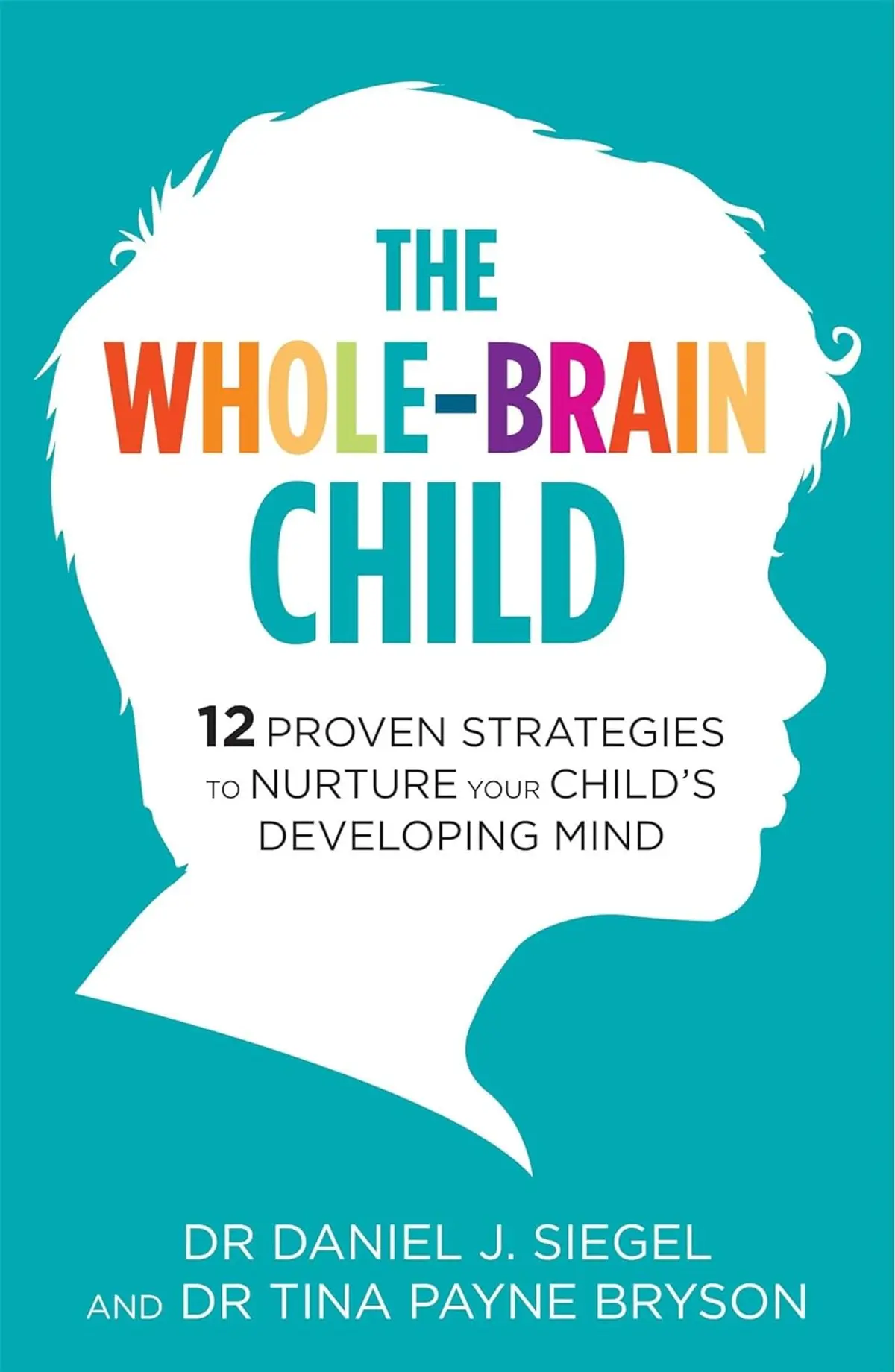

Author: Dr. Tina Payne Bryson, Dr. Daniel Siegel
Published By: Robinson
Document Published Date: 16 August 2016
ISBN: 978-1780338378